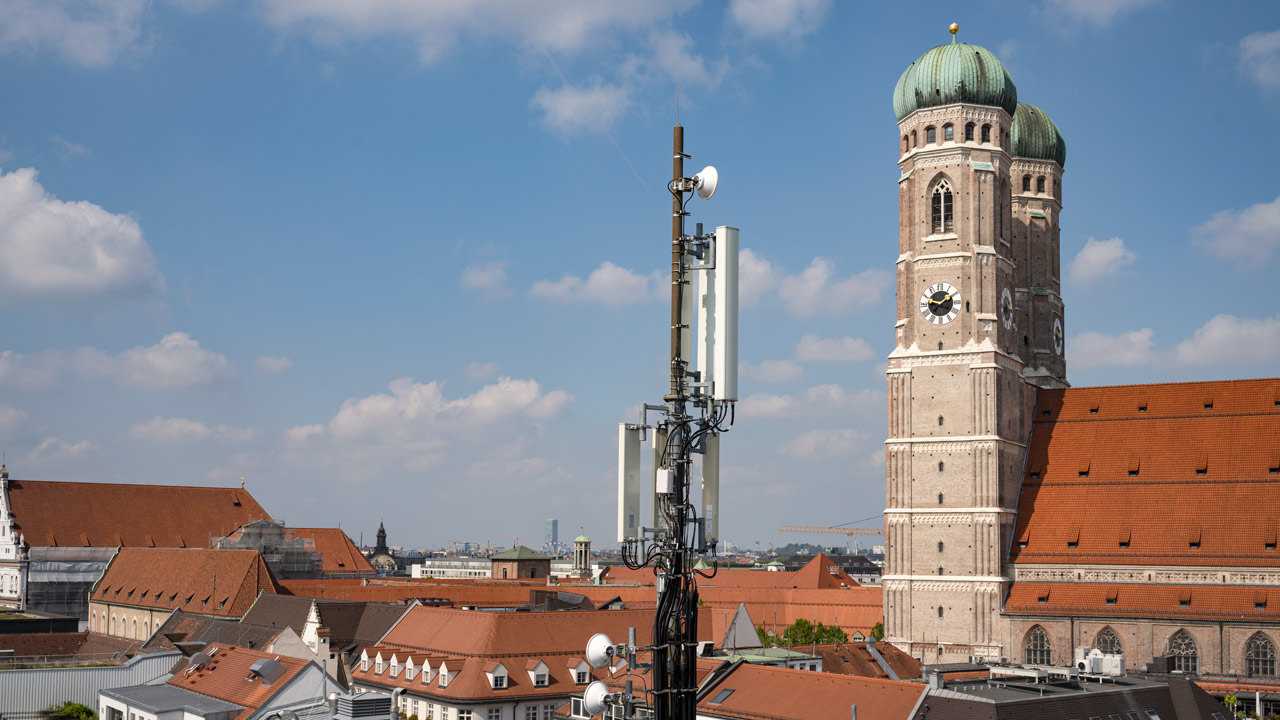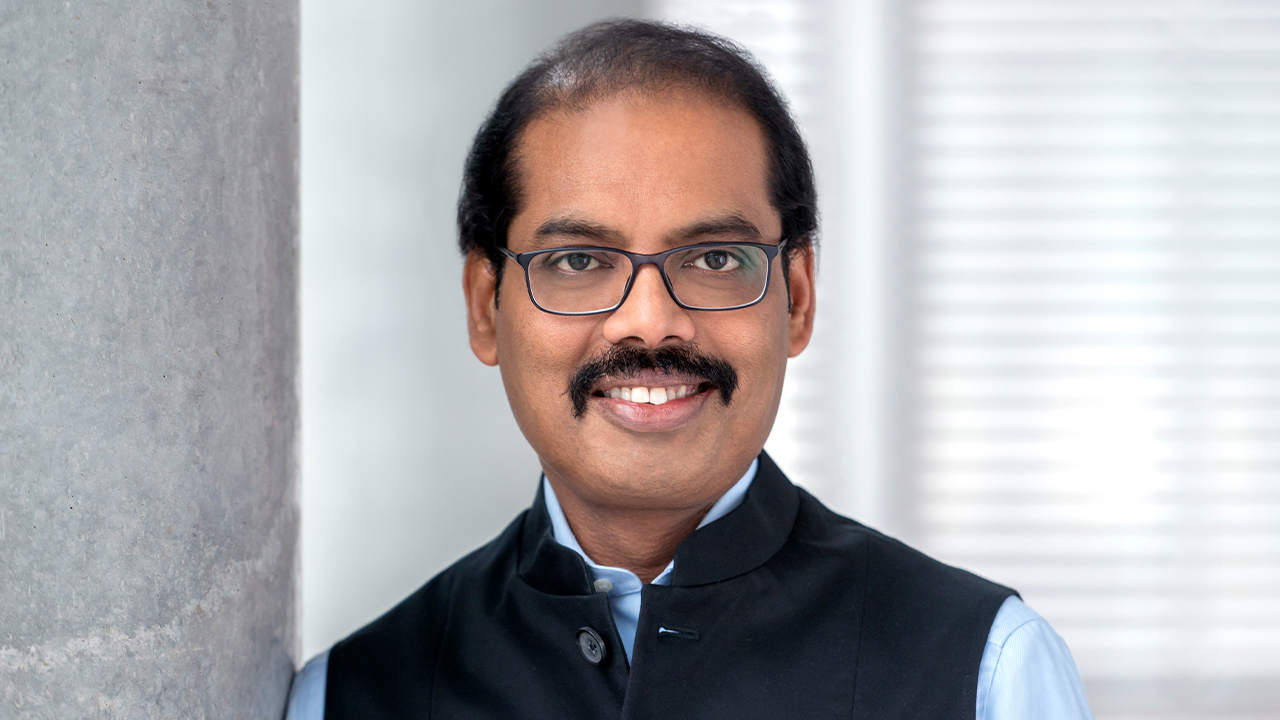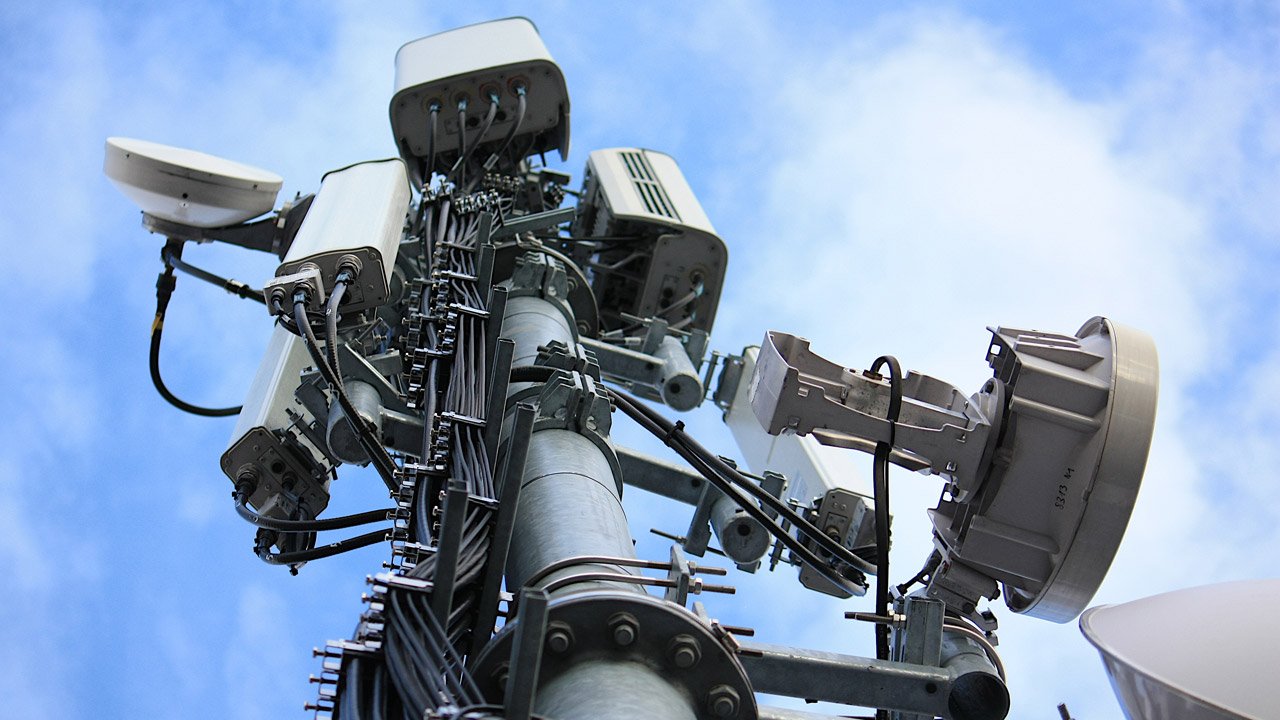19.03.2024
Interim assessment of the 5G rollout in Germany:O2 Telefónica makes 5G suitable for the mass market

Today, O2 Telefónica's 5G network already reaches 95 per cent of the population
Five years ago, the 2019 frequency auction marked the start of the 5G rollout in Germany. Today, O2 Telefónica's 5G network already reaches 95 per cent of the population. Whether Berlin or Braunschweig, Munich or Mönchengladbach - O2 Telefónica has covered almost one hundred per cent of Germany's largest cities with 5G. The majority of rural regions and an increasing number of transport routes are also ready for the future thanks to the fast 5G rollout. Current figures from O2 Telefónica show that mobile data usage in Germany will continue to increase exponentially with 5G.
"We need high-performance networks to make the economy and society fit for the digital future. 2024 will be the year of 5G. More and more mobile data will flow over our 5G network. The ultra-fast network will be suitable for the mass market," says Mallik Rao, Chief Technology & Information Officer at O2 Telefónica. More people are relying on the high-performance network for their private or professional lives. They are increasingly equipping themselves with suitable devices and tariffs.
New services and smart applications need more data
5G is not an end in itself. Mobile data usage by mobile customers in Germany has been rising rapidly for years:
- With 4.8 billion gigabytes, the O2 Telefónica network transported five times as much data in 2023 as it did in 2019.
- At 5G-capable locations with 3.6 gigahertz, the share of 5G usage is already 35 per cent.
- O2 mobile contract customers with 5G tariffs and 5G-capable smartphones use an average of 75 per cent more data volume than customers without a 5G device.
5G is an important step towards the country's digital future

Mallik Rao
High-performance mobile infrastructures are one of the key prerequisites for digitalization. They are the basis for the personal communication of Germany's 84 million inhabitants as well as for new business models and digital applications, such as those based on artificial intelligence.
"Mobile 5G connectivity is helping to overcome the major challenges of our time: Fewer CO₂ emissions, less traffic jams, better and more efficient healthcare and higher quality in the education system," explains CTIO Mallik Rao.
According to an eco study, digital levers and modern data transmission help to reduce emissions in Germany by up to 30 per cent. 5G applications also improve processes, for example in the healthcare sector. This opens new possibilities for telemedicine, diagnostic data is transmitted quickly and wirelessly, and hospitals can better localize their medical devices and hospital beds thanks to intelligent trackers.
More than 50 new 5G transmitters per week
O2 Telefónica has now rolled out more than 10,000 5G base stations. Since the launch of the 5G network in October 2020, an average of more than 50 new 5G transmitters have been added every week. Last year alone there were 3,000.
Robert Schwinghammer and Sascha Ampft explain the risk of further frequency auctions in the video
O2 Telefónica has made over 14,000 kilometers of roads and railways and a total area of 60,000 square kilometers 5G-capable in 2023. This area is three times the size of the German state of Rhineland-Palatinate. "We are expanding 5G faster than any previous mobile communications standard. Compared to 4G, we are moving twice as fast - and we are keeping hold of our fast rollout," emphasizes Mallik Rao.
Since 2000, telecommunications companies have spent more than 66 billion euros on auctioning frequency usage rights. Mallik Rao: "If we had been able to invest the expenses for the frequency auctions in network expansion, Germany would have long been the European leader in digitalization."
The telecommunications industry could have used the auction costs to fully supply all households in Germany with fiber optics or to set up around 250,000 additional mobile phone masts. That is two and a half times as many sites as are currently in operation nationwide.
Frequency auctions inhibit investment

The telecommunications industry could have used the auction costs to build around 250,000 additional mobile communications sites
Since 2000, telecommunications companies have spent more than 66 billion euros on auctioning frequency usage rights. Mallik Rao: "If we had been able to invest the expenses for the frequency auctions in network expansion, Germany would have long been the European leader in digitalization."
The telecommunications industry could have used the auction costs to fully supply all households in Germany with fiber optics or to set up around 250,000 additional mobile phone masts. That is two and a half times as many sites as are currently in operation nationwide.
"We have achieved a lot with the 5G rollout. Now it's about the last few per cent. We want to cover almost the entire population in Germany with high-performance 5G by the end of 2025. To achieve this, comprehensive frequency equipment and further investment in expansion are essential. Germany needs an extension of all expiring frequency usage rights so that everyone can benefit from the advantages of digitalization. Another auction worth billions would set the country's digitalization far back and make existing networks visibly worse," explains Mallik Rao.
